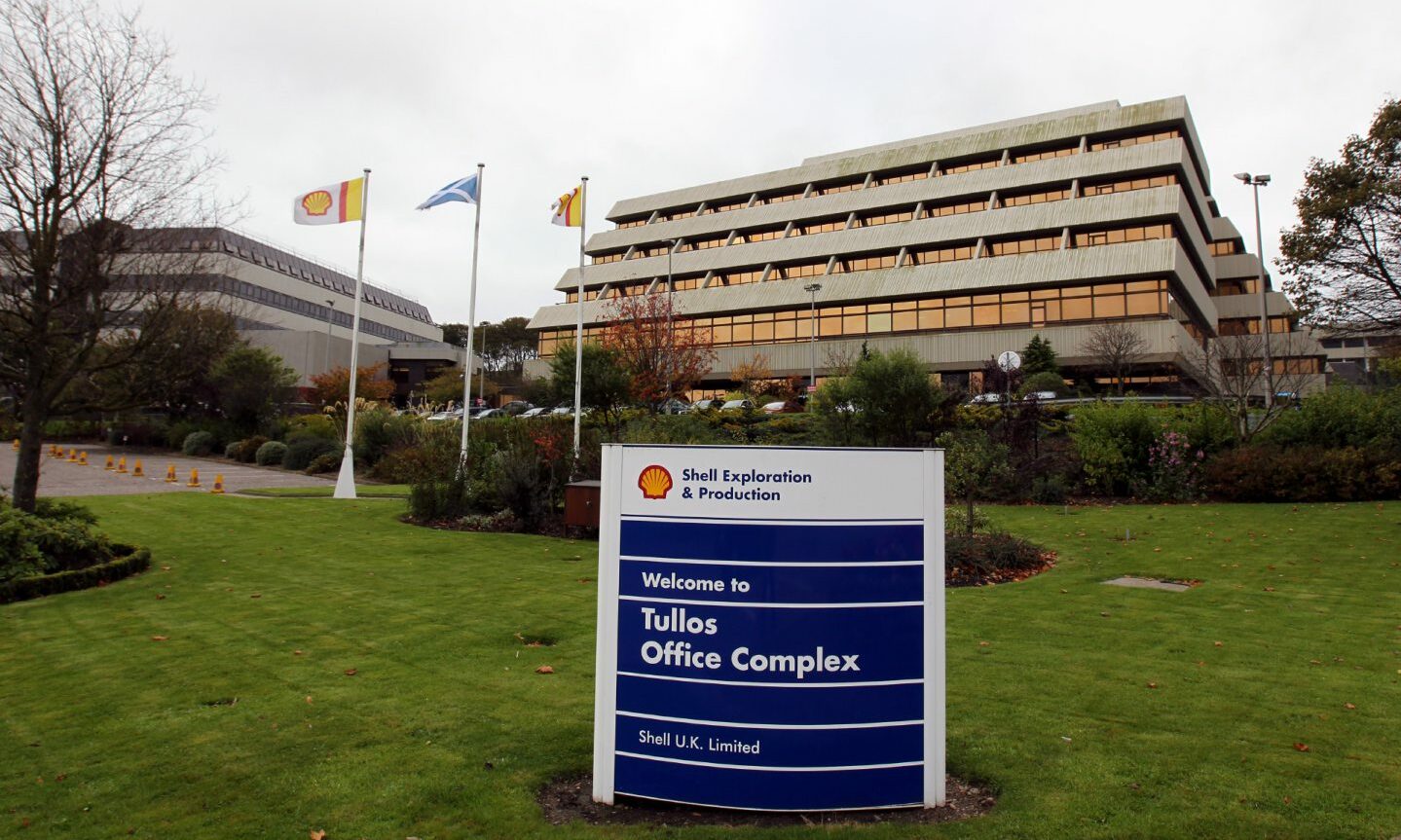This time last week, the Offshore Europe 2023 conference was closing and, having attended for a few days, I can confirm it was a positive and popular event.
The conference has changed over the years. I first attended in 2013, the year after I moved back to the north-east. That event was the 40th anniversary, this year was the 50th, but the two conferences were totally different. That, in part, is because of changes in perception, context and how the oil and gas industry is seen.
In 2013, the industry was in the midst of record investment and Offshore Europe was visited by the Scottish first minister, the UK chancellor and the UK’s energy minister. While the venue wasn’t opulent (the old AECC) the stands were, and the giveaways were grand – from motorbikes to plush toys. The evening events were brash and boozy.
The 2013 conference also had many UK and international oil companies sharing their plans, investment priorities and hopes of the future. The UK Government was offering investment incentives, and the SNP saw oil as an important part of our economic future and independence.
Ten years on, in 2023, there were only three oil and gas operators and barely any politicians supporting the event. The freebies were a bit more pragmatic. On a positive note, there were fringe events on diversity, energy transition and emissions reduction, all showing how the industry has modernised.
What was striking was that the same positivity and feel-good atmosphere could be felt around the proceedings. It’s a shame that neither politicians nor operating companies felt able or willing to attend in volumes, and that reflects the context change in the last 10 years.
Perception of oil and gas is an issue for Aberdeen
As wider change happens in the city of Aberdeen, and it is happening, the perception of oil and gas will continue to be an issue we have to grapple with. I am concerned that it could hold back investment in the city as we try to regenerate, and that it may cause decisions to be made which are not in the long-term interest of the city. Public perceptions and the media can also “spin” issues in a manner which means the true story isn’t being told.
A few years back, I wrote about how, once upon a time, building owners removed the roofs from houses and buildings to avoid paying tax. Today, the impact of property owners paying rates on empty buildings is leading to good (and bad) buildings being demolished instead of roofs being removed.
The demolition of industrial buildings, offices and commercial property has been happening for a few years across Aberdeen, mostly with little commentary, apart from a few dismayed surveyors. The different take on the demolition of the Shell buildings at Tullos has been interesting. There have been national newspapers covering this and trade bodies getting involved, as well as climate activists (of course).
The Shell example shows us that the “oil is bad” theme has no end point, really, no matter the rights or wrongs environmentally of the demolition. There have been many more building demolitions which make much less sense, ones which are newer, ripe for reuse and with a future.
Our city needs energy companies to help it succeed
After such a successful and upbeat Offshore Europe, it would be great for Aberdeen if the likes of Shell, Ithaca, BP, Harbour or any other company in the oil industry could be seen, at least partly, in a positive light.
As a city, Aberdeen needs oil and gas companies (energy companies), and it would be nice if they felt able to be proud and visible about their activities, their contribution to the city, Scotland and the UK.
Non-controversial change alone will lead to failure, not a future filled with opportunity
Change is important and, to be successful, lots of change is needed in the Granite City. Non-controversial change alone will lead to failure, not a future filled with opportunity.
If every change initiated by an oil and gas company gets the same amount of coverage as Shell has received for Tullos then our city may become a no-go for low-risk investors. That would be bad for Aberdeen, our community and the families who live here.
James Bream is CEO of Aberdeen-based Katoni Engineering and chair of DYW North East

